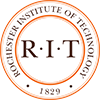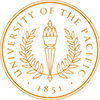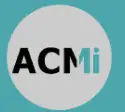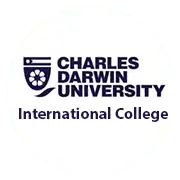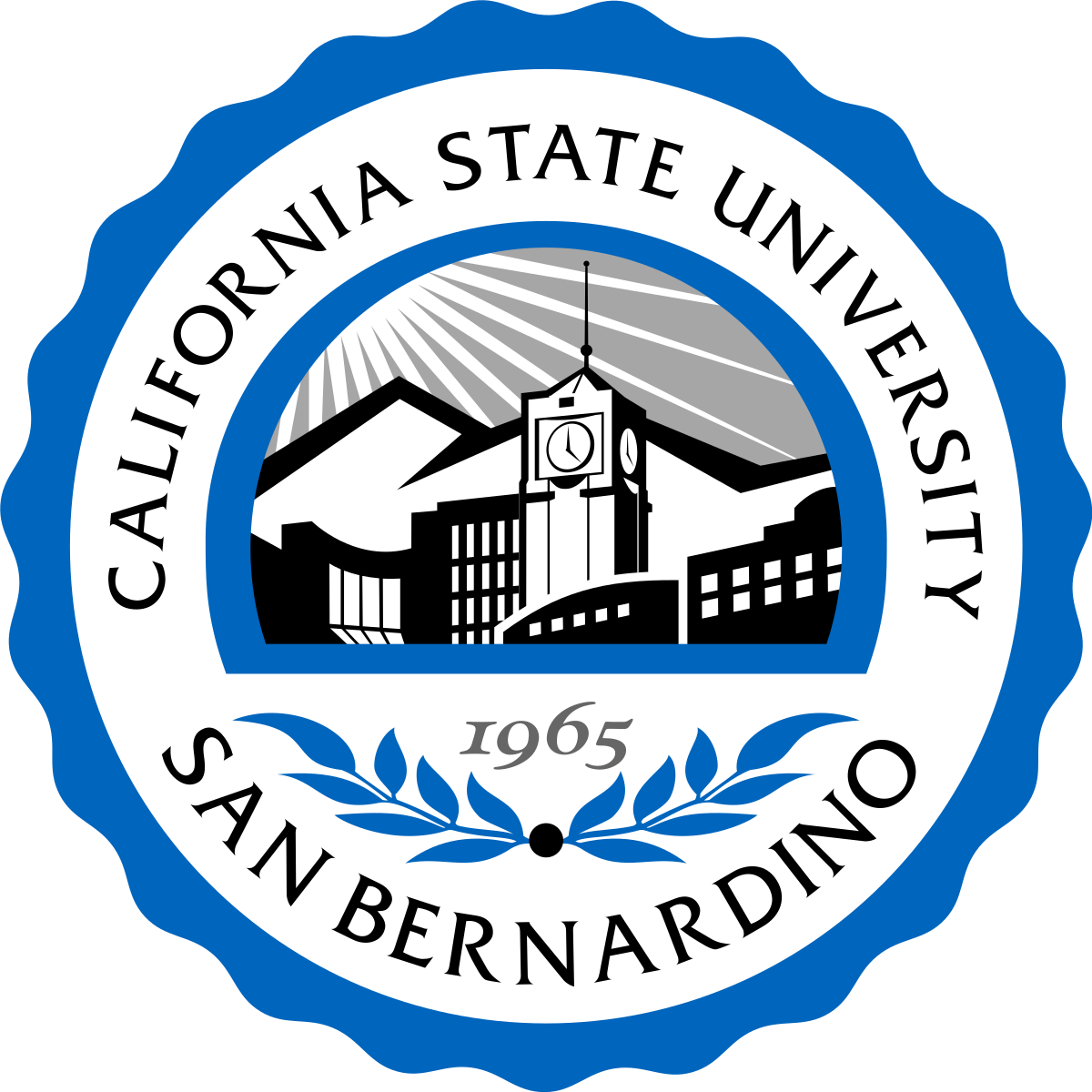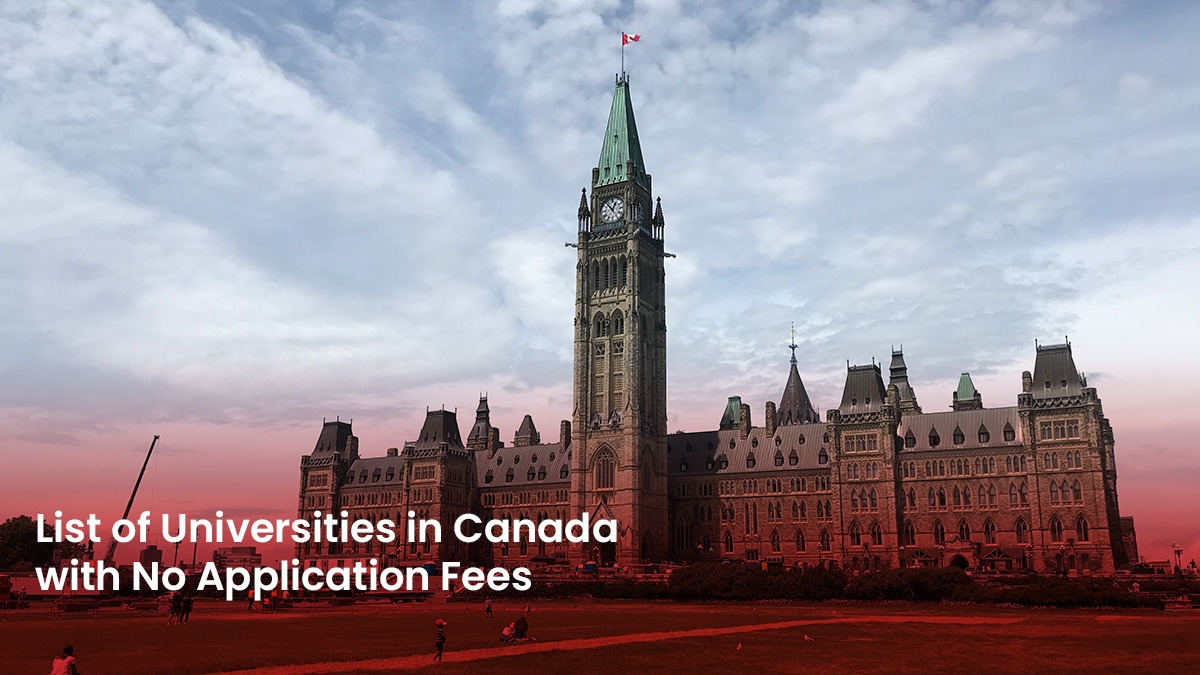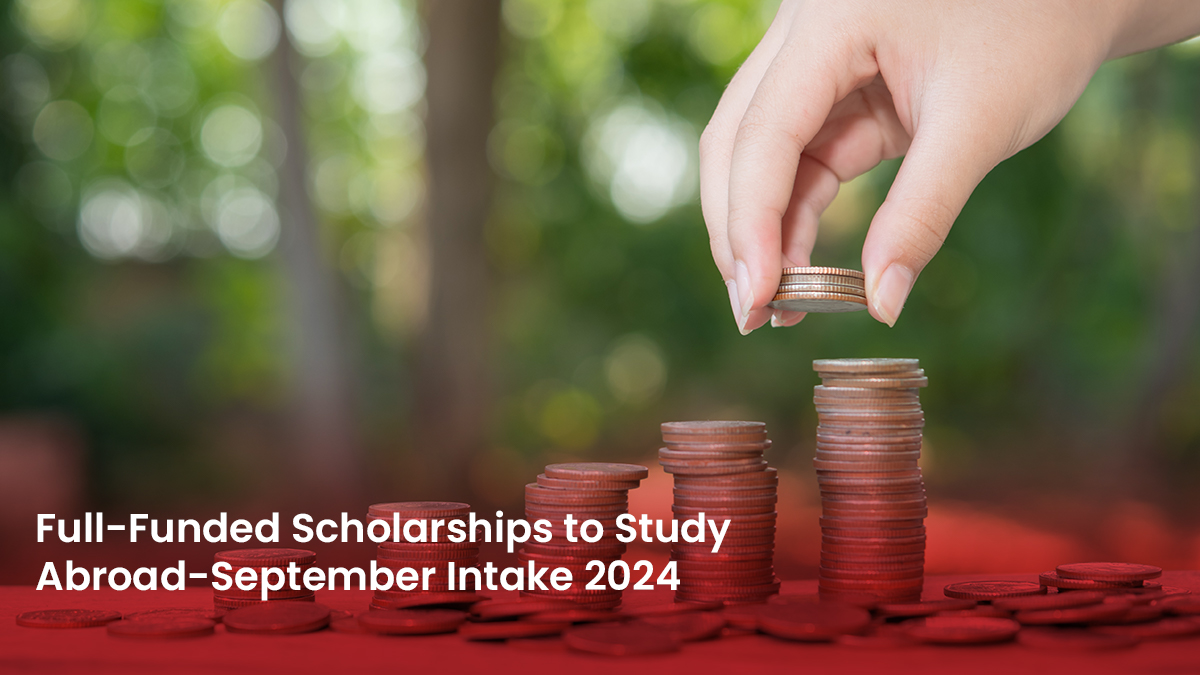The American Council on Education (ACE), an organization that mobilizes the higher education community to shape effective public policy, has urged the Biden administration to have flexible rules for international students, researchers, and scholars from countries where vaccines approved by the U.S. government, Centers for Disease Control and Prevention, or the World Health Organization are unavailable. The council has suggested that such students be vaccinated on arrival.
The council includes 38 bodies including the Alliance for International Exchange, American Association of Community Colleges, American Association of State Colleges and Universities, Association of American Colleges and Universities, Council of Graduate Schools, and NAFSA: Association of International Educators.
As of now, foreign students and scholars holding F-1 and J-1 visas traveling from a country under the current travel restrictions are entitled to receive a National Interest Exemption.
This has helped students and scholars to visit the United States for the Fall semester.
The government made a recent announcement that the current travel restrictions will be lifted and a fresh travel and entry policy will be introduced in November. Starting Nov. 8, The White House will ease COVID-19 travel restrictions for fully vaccinated international visitors for the first time in 21 months.
Once implemented, the policy is likely to permit fully vaccinated travelers to enter the country more easily. As ACE supports the need for vaccine requirements among travelers in particular, it also wants the government to keep in mind international students from countries where vaccination is still a challenge due to lack of availability and other reasons.
Most American higher education institutions have geared up to welcome international students by ensuring that vaccines are available for communities and intensifying steps to encourage students to get the jab. Some universities have even made vaccinations compulsory as they plan to resume offline classes.
The various higher education groups have also offered all the necessary support in this, aimed at eventually covering all international students. Universities want to add new international students to their rolls to bring in more diversity on campus, boost academic and cultural exchange, and also because they bring billions of dollars into the U.S. economy.
Recent data by NAFSA suggests that international students enrolled in U.S. colleges and universities added $38.7 billion to the country’s economy and supported over 400,000 jobs within the 2019-2020 academic year.
Three U.S. jobs are generated for every eight international students as they spend on their education and other necessary aspects such as travel, accommodation, health covers, dining, and retail. The government had earlier taken certain steps in July this year to allow international students to remain within the United States for as long as they’re occupied with their studies.
The Biden administration had formally scrapped a regulation by the previous Trump government, which limited the visas for foreign students to four years. The rule that aimed to set aside a fixed time period of admission for non-immigrant academic students had since then been rolled back.














